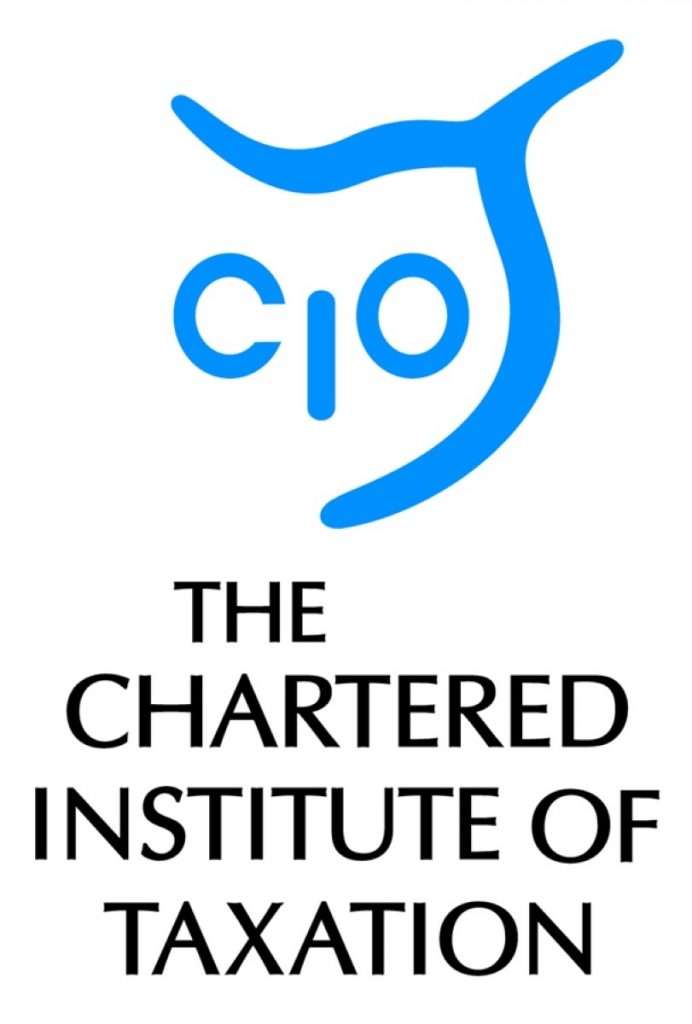CIOT: More time needed for HMRC enquiry centres pilot
The Low Incomes Tax Reform Group (LITRG) is calling on HM Revenue and Customs (HMRC) to allow more time for assessment of the impact of the closure of its enquiry centres in the north east of England before deciding whether to close down centres UK-wide.
This follows the publication by HMRC of a summary of the May 2013 consultation about replacing enquiry centres with a new service for those who need extra support.
LITRG’s Chairman, Anthony Thomas, said:
“LITRG is supportive of HMRC’s strategy for moving to a more efficient customer support system but only so long as it is clear that the change does not disadvantage vulnerable taxpayers. We are not convinced that a five month trial, followed by a two month evaluation period, is sufficient time to be sure that this will not be the case.
“On the positive side we are encouraged to see that HMRC are beginning to act upon some of the recommendations we and others made in our responses to the consultation in the spring. We particularly welcome the fact that HMRC are considering how to make access to the service easier for those who struggle to use a phone or computer, as the new service is unlikely to work well if some of those who need it are denied access to it at the first entry point. The concern remains that those groups of customers may – albeit unintentionally – become non-compliant as a result of their inability to access help. For that reason, face-to-face support must be retained as a point of access within any model.
“We are also encouraged that HMRC are considering how best to work with the voluntary and community sector. This is of particular importance as HMRC are relying on those organisations to take on an extra load at a time when their funding and resources are already being pared back.
“There is still more that can be done though. We encourage HMRC to analyse their call handling strategy to ensure that taxpayers who may previously have visited an enquiry centre can have quick and easy access to the new service. In addition, helpline advisers must be trained to the highest degree not only in soft skills but also on the technical side to reduce ‘bouncing around’ of calls and back office referrals. We are encouraged to see that HMRC plans to run workshops and events to continue to work with taxpayers and VCS organisations to achieve a solution that benefits all concerned.
“Most of all, HMRC must consider carefully how the lessons of the pilot, and the early days of the roll-out, can best be learned given the exceedingly short time allowed, and the fact that enquiry centres, once closed, are unlikely ever to be opened again.
“Given this it would be better if there was more time for evaluation and consideration before any decision might be taken to close down HMRC’s enquiry centres nationwide.”





-01.png)